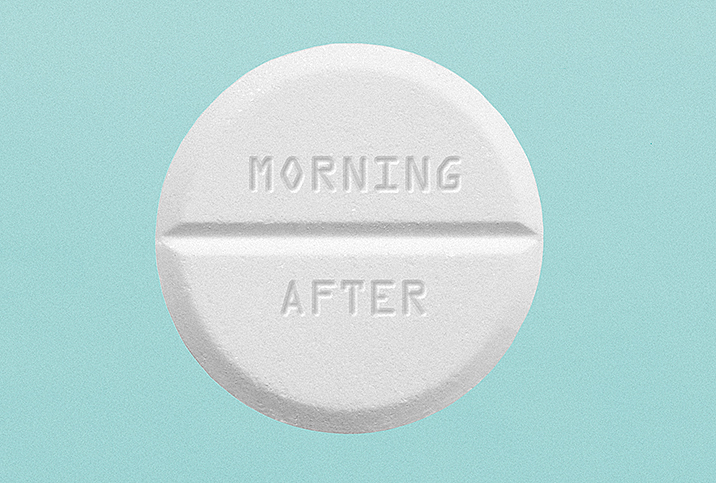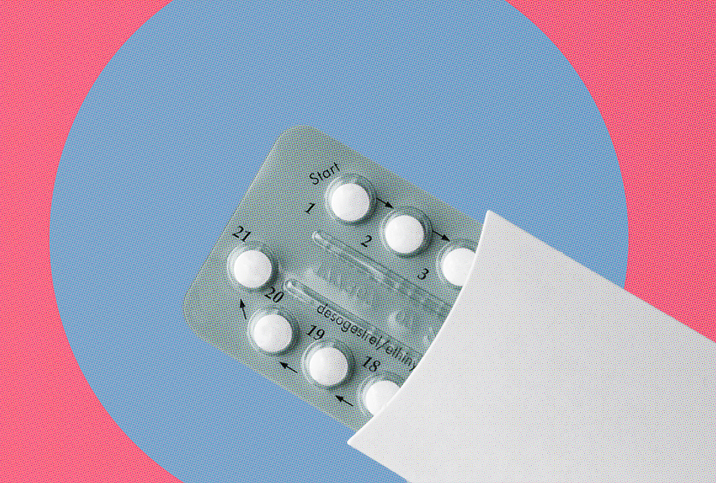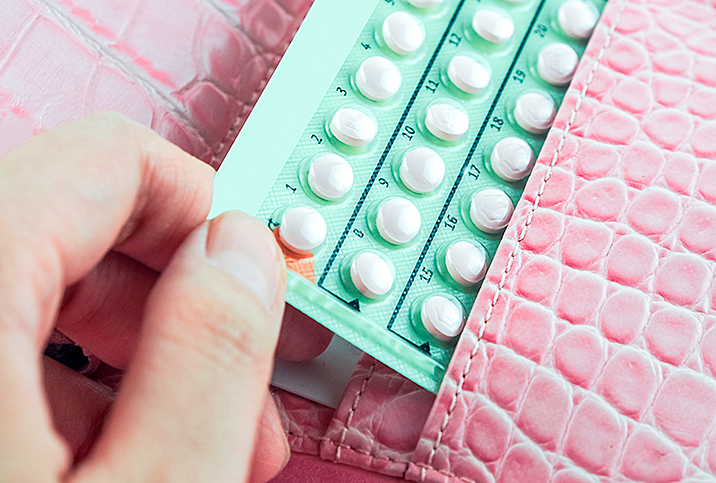What to Expect When You Take the Morning-After Pill

The morning-after pill temporarily prevents ovulation. It works by stopping the release of an egg from the ovary, so there is no egg to meet the sperm and, therefore, no fertilization. By extension, there is no pregnancy.
The most common type of morning-after pill is a progestin-only tablet with 1.5 milligrams of levonorgestrel, which is simply a higher dose than that found in most typical birth control pills. This pill—better known by the brand name Plan B One-Step—should be taken within 72 hours of unprotected sex to be most effective.
Taking the morning-after pill is not the same as getting an abortion. Unlike a medical abortion, the morning-after pill works before a fertilized egg is even implanted. Rather than eliminating an established pregnancy, medications like Plan B stop conception from happening in the first place.
Side effects of the morning-after pill
The side effects of the morning-after pill are typically short-lived and generally mild, according to Planned Parenthood. Symptoms most commonly include headache, nausea and irregular bleeding for up to one month after treatment. Dizziness, fatigue, stomach pain and breast tenderness are other possible symptoms.
Although doctors consider it safe to use Plan B more than once, and even within the same menstrual cycle, it isn’t recommended as a replacement for preventive birth control. This is mostly because emergency contraception is not as reliable as regular, preventive options.
Although the morning-after pill consists of a high dose of hormones, there is currently no evidence to suggest that it either increases or decreases risks for cancer, according to medical experts.
Effectiveness of emergency contraception
The morning-after pill is most effective when taken soon after having unprotected sex, specifically within 72 hours. As more time passes after unprotected sex, the pill becomes less effective.
Researchers calculate the pregnancy prevention rate of progestin-only pills to be between 60 and 94 percent, with the higher effectiveness ratings occurring when the pill is taken immediately after sex.
It’s also important to note that the morning-after pill isn’t equally effective in all groups of people. The morning-after pill may not be as effective in people who are obese or overweight, according to the Mayo Clinic. In these cases, other forms of emergency contraception such as the insertion of a copper IUD should be considered.
Unlike traditional birth control, the morning-after pill is not recommended for use by women with heart disease, liver disease or migraines. However, women who are breastfeeding or have a history of ectopic pregnancies are permitted to take the morning-after pill.
Getting the pill
While the morning-after pill should not be used as a birth control replacement in the long term, having access to emergency contraception is important in helping to reduce the risk of unplanned pregnancy. If you're in need of emergency contraception, you can purchase the morning-after pill over the counter in most pharmacies. Talk to your doctor if you decide that you need antiprogestin pills as you'll need a prescription.


















